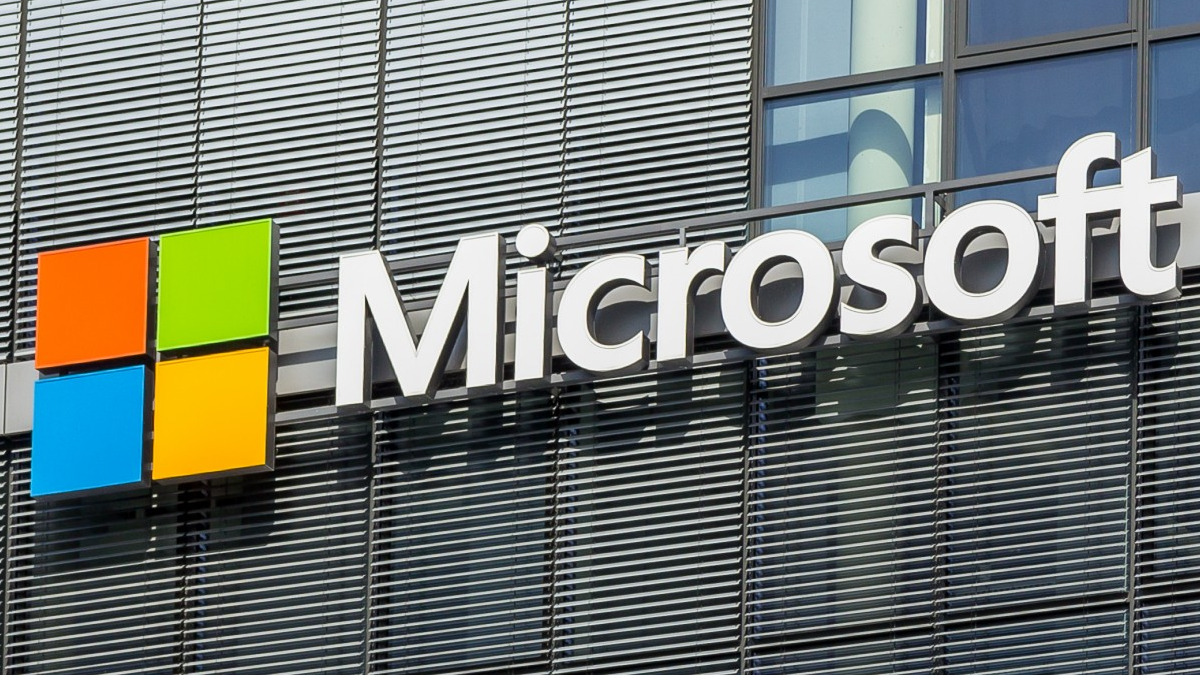Choosing between mobile banking vs traditional banking can be confusing, especially with so many digital options today. Both methods help you manage your money, but they work differently and have unique benefits. Understanding the differences between mobile banking vs traditional banking can help you decide which method suits your lifestyle, financial habits, and goals. In this article, we’ll explain both in simple terms so you can make the best choice.
What Is Traditional Banking?
Traditional banking refers to the classic way of handling money through physical bank branches. This includes activities like:
- Depositing and withdrawing cash at a bank counter or ATM
- Speaking with bank staff for account issues
- Applying for loans, savings accounts, or other financial services in person
The main benefit of traditional banking is personal support. You can talk to a bank officer directly, which can make solving problems or understanding complex products easier. However, it often takes more time and requires visiting a branch, which may not be convenient for everyone.
What Is Mobile Banking?
Mobile banking lets you handle most of your banking needs using a smartphone, tablet, or computer. With a mobile banking app or website, you can:
- Check your account balance
- Transfer money to other accounts instantly
- Pay bills online
- Apply for loans or cards without visiting a branch
The key advantage of mobile banking is convenience. You can access your account anytime, anywhere, without waiting in lines. Mobile banking also helps you track spending, manage budgets, and even set savings goals with integrated tools.
Key Differences Between Mobile Banking vs Traditional Banking
Here’s a simple comparison to help you see the differences clearly:
| Feature | Traditional Banking | Mobile Banking |
|---|---|---|
| Access | Bank branches, limited hours | 24/7 from smartphone or computer |
| Speed | Slower, depends on staff | Instant transfers and payments |
| Convenience | Must visit branch | Anywhere, anytime |
| Support | In-person help | Online chat, call, or email support |
| Security | Bank vaults, physical protection | Strong encryption and authentication |
Which One Should You Choose?
The choice between mobile banking vs traditional banking depends on your needs:
- If you value personal support and face-to-face interactions, traditional banking may suit you.
- If you prioritize speed, convenience, and flexibility, mobile banking is a better option.
- Many people use a combination of both: mobile banking for daily transactions and traditional banking for bigger, more complex financial needs.
Understanding the differences between mobile banking vs traditional banking helps you make smarter money choices. Both have advantages, and the best approach may be using both depending on your needs. With mobile banking, you gain convenience and speed, while traditional banking offers personal support and security. By learning how each works, you can manage your money efficiently and confidently.








































































